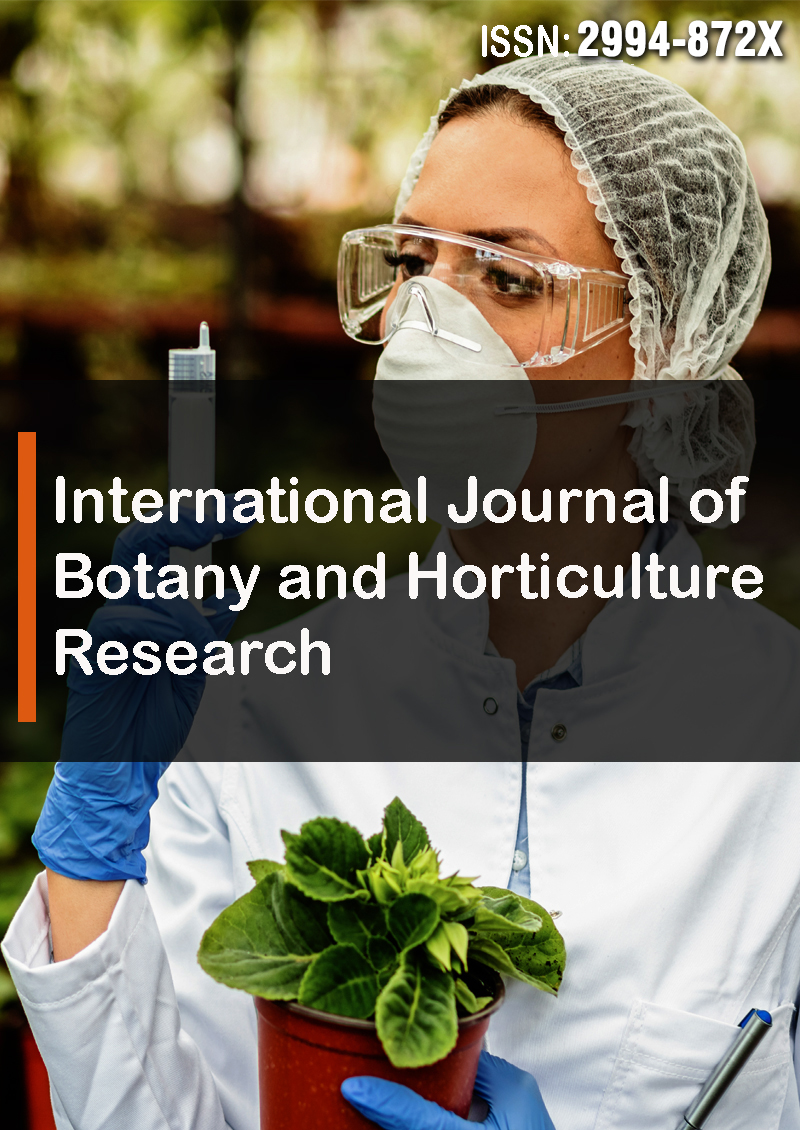Exploring the Commercial Versatility of Moringa oleifera: A Valuable Resource for Diverse Industries
Abstract
Maqsood Maryam and Asia Manzoor
The versatile plant There are many applications for Moringa oleifera L., including those in food and medicine. The plant is incredibly nutrient-rich and contains phytochemicals with potential therapeutic benefits in all of its leaves, pods, seeds, flowers, fruits, and roots, all of which can be consumed. It also contains antioxidants like carotenoids, flavonoids, vitamin E, and phenolic compounds in addition to protein, iron, calcium, vitamins A and C, and vitamins A and C. It also has a lot of commercial advantages. They can be used in addition to conventional crops to boost feed efficiency and animal performance or in substitution of them to produce outcomes that are more economically viable. Additionally, moringa can be used as a crop enhancer, which is a low-cost, environmentally friendly method of increasing crop yields. There are several commercial and biological uses for moringa and its derivatives, including seed production, biopesticides, animal and poultry feed, medicines, and green fertilization. Due to its antioxidant, antifungal, antibacterial, and insecticidal properties, moringa also aids in the management of plant diseases. Toxins and antinutritional elements are present in various plant components, limiting their usefulness as a food source. To prevent any potential issues, the plant should be ingested in low or medium quantities in the production of animals and poultry. To enhance soil qualities and plant growth, however, moringa should be used. Therefore, it is crucial to carry out more research on moringa to highlight its contributions to the production of both plants and animals in agriculture.



